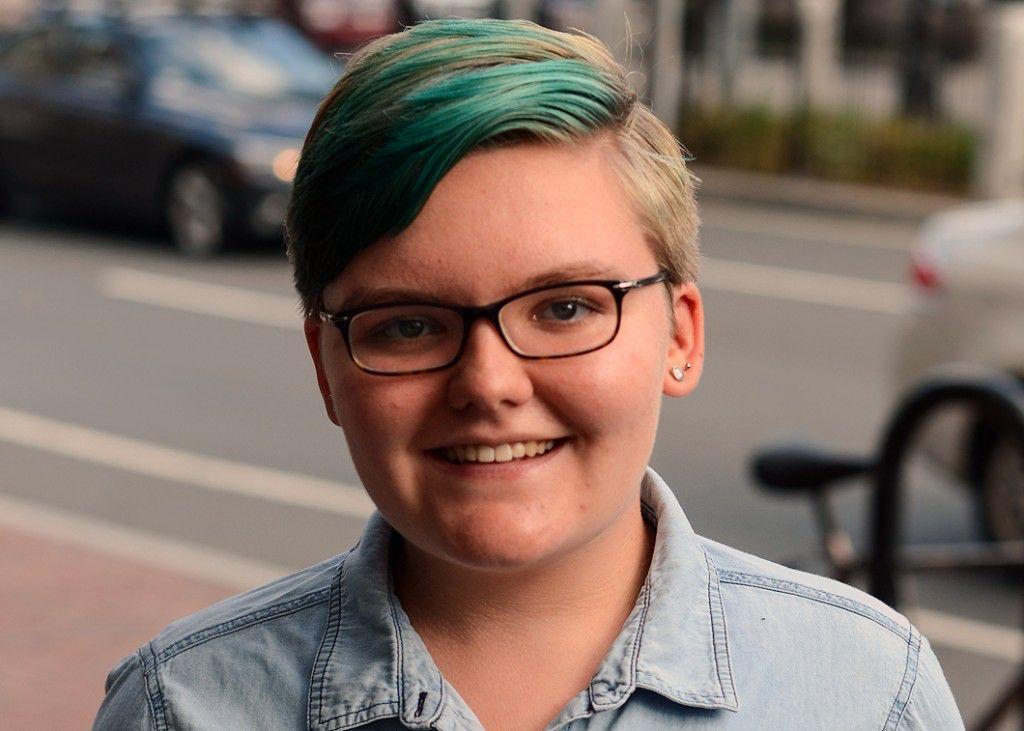Sleep is for the weak. That was my mantra for most of my life when people questioned why I stayed up so late and functioned on very little sleep. My sleep deprivation problem was part time-management, part behavioral and part something else.
Yes, I have the dangerous combination of being perpetually on the go and a chronic procrastinator. But even when I had nothing to do for the rest of the night (and knew I had places to be the next day), I would still stay up late.
Often, I didn’t even give my body a fair chance at falling asleep. I’d stay up late in front of a computer screen or sitting in a fully lit common room surrounded by people. I knew I needed to go to bed, but I just didn’t feel tired. Well, as it turns out, humans have a circadian rhythm, which regulates important biological cycles, such as sleep, and it can be thrown off by external factors like daylight. Or what your body perceives as daylight. And once you stay up late often enough, it becomes habit, and it’s harder to go to bed earlier.
Despite these two factors, even if I went to bed in a dark place at a reasonable hour, I would find myself tossing and turning and unable to sleep. After trying to solve my sleepless conundrum, I had a strange thought. Maybe, my sleep problem was psychological. When I was a kid, I would constantly argue with my parents about my bedtime. As a result of these fights, I internalized bedtime and sleep as a power struggle, and every time I went to bed “early” it was a lost battle. Even as an adult.
Once I realized this, it became easier to change my thinking about sleep. Also, getting a full-time summer job that started at 8:30 a.m. helped a little too. Instead of feeling like I lost a battle every time I confessed my grandmother status and went to bed before 10 p.m., I thought about it as winning the war.
I am winning the war for my body because when I get more sleep, I am more productive the next day. Instead of stumbling from one place to another in zombie mode, I am more alert and focused. I can be an active participant in my life instead of groggily floating along because my brain is making up for its lack of rest from the night before.
Sleep does more for you than make you feel well rested and alert the next morning. Sleeping keeps you healthier. Studies have found links between getting eight hours of sleep and boosting immunity and fending off serious health problems. While sleeping, the brain consolidates memories so they are more accurate and not forgotten. A good night’s sleep can help regulate emotions and control weight.
I’m sure though that most people who don’t get enough sleep aren’t doing it to avoid the benefits. In order to get enough of sleep, you need to identify the factors that are preventing you from sleeping.
Things that prevent you from sleeping can include an inadequate sleep space and routine, time management problems, bad habits and sleep disorders. If you think you are suffering from an actual sleep disorder (insomnia, sleep apnea, narcolepsy, etc.), you should seek help from a professional. Otherwise, there are actions you can take on your own to get more sleep.
If you find that you can’t seem to get to sleep because of homework, studying, social activities or other events getting in the way of your sleep time, then start making a schedule. Keep to-do lists. Prioritize sleep time and make sure you stick to it. Remember that you are better off getting eight hours of sleep and getting a few things done well, rather than getting three hours of sleep and completing everything at 50 percent or less.
If you have time for sleep but can’t fall asleep, then it’s best to create a sleep routine that promotes relaxation. Stop using anything with a backlight while getting ready for bed. Turn the lights off (or get an eye mask), and make sure you have a comfortable noise level to fall asleep with. Make sure all you do in your bed is sleep and have sex. That way, your brain starts associating your bed with sleep. Write down everything you need to do the next day or are worried about so that you aren’t thinking about it while trying to fall asleep. Basically, make sure that falling asleep and waking up is as natural as possible.
Sleep is crucial to healthy living, even though it is often pushed aside in favor of studying, socializing and partying. But remember, if you get enough sleep you can study, socialize and party harder the next day!




















































































































